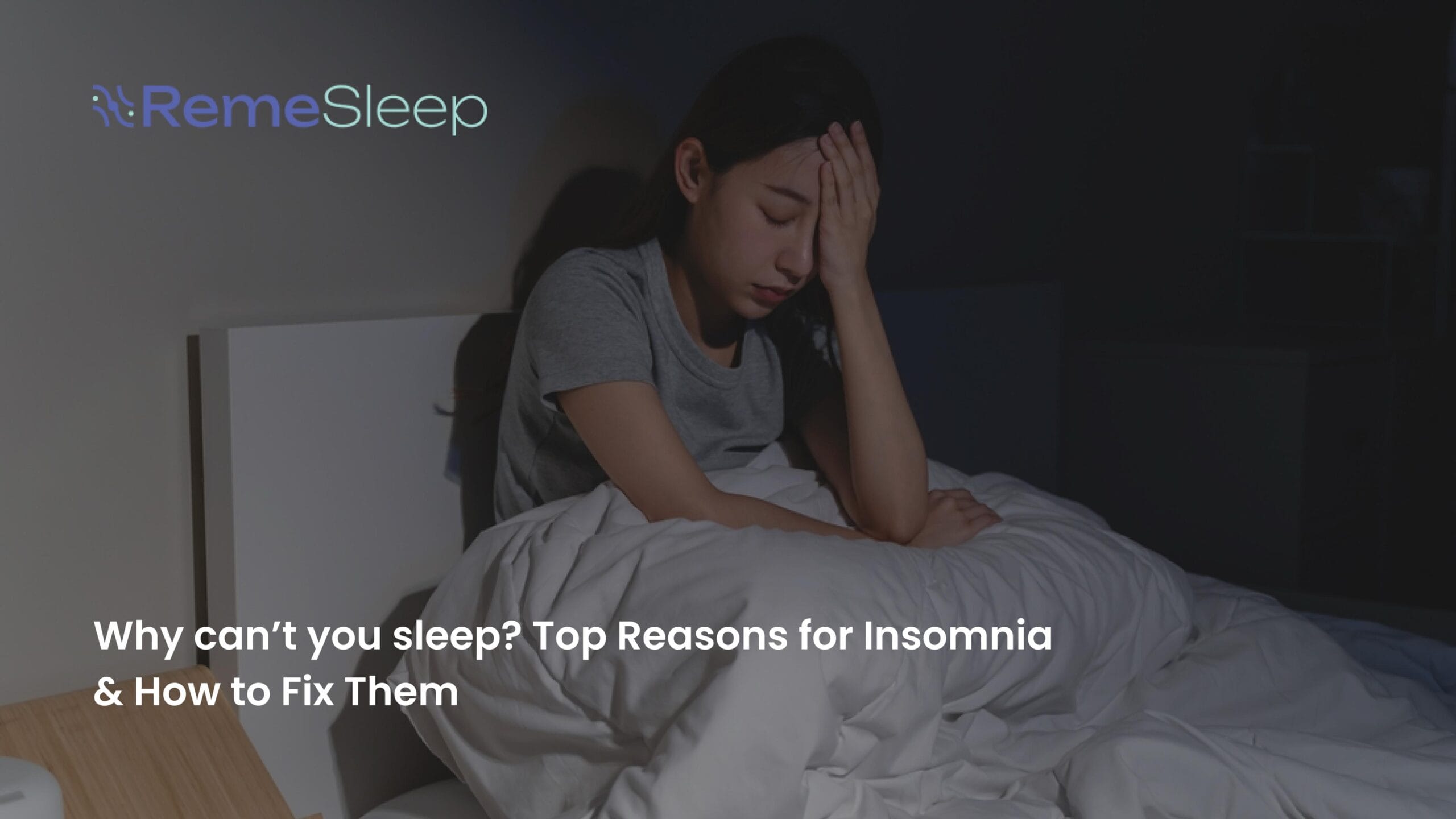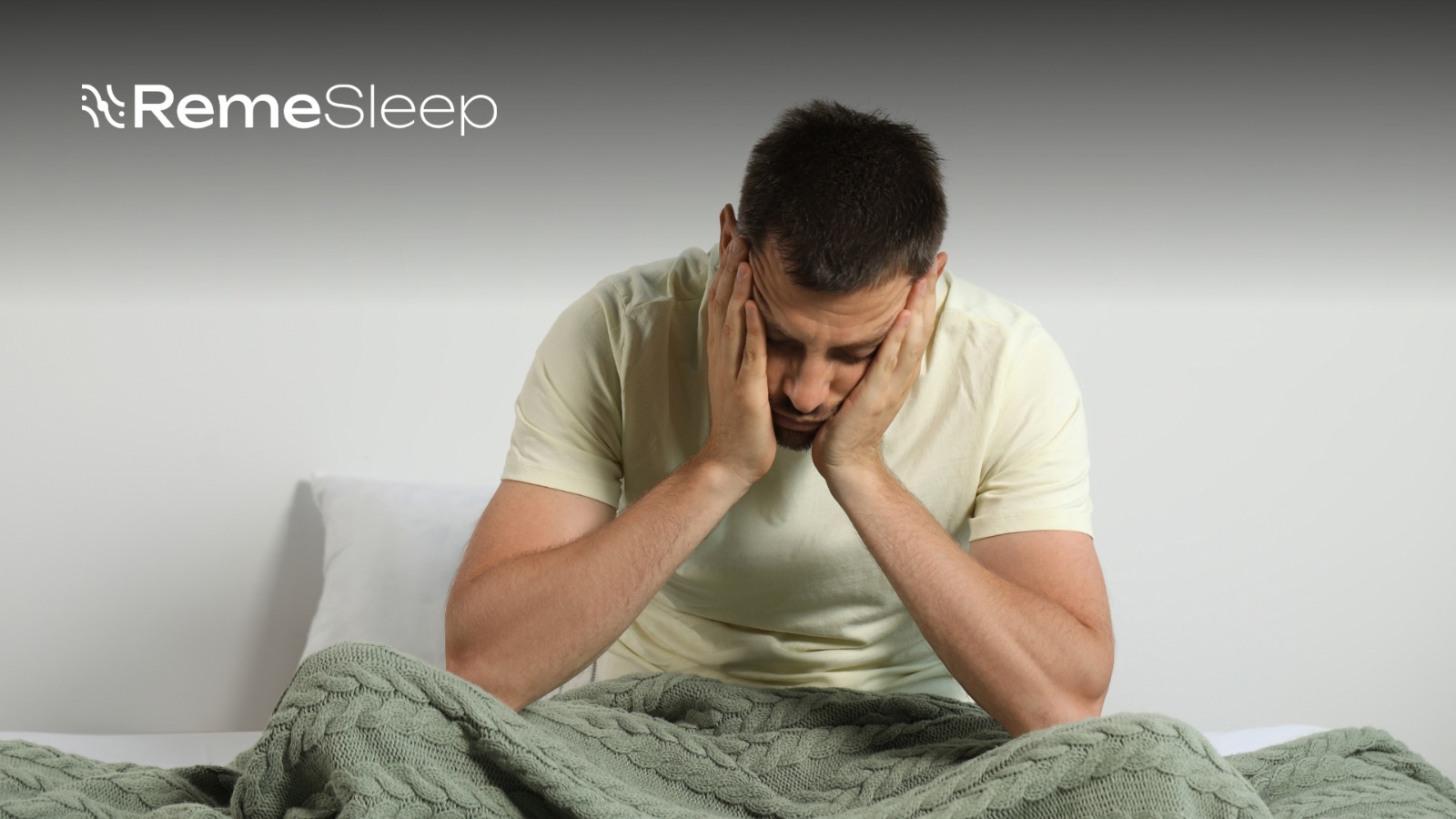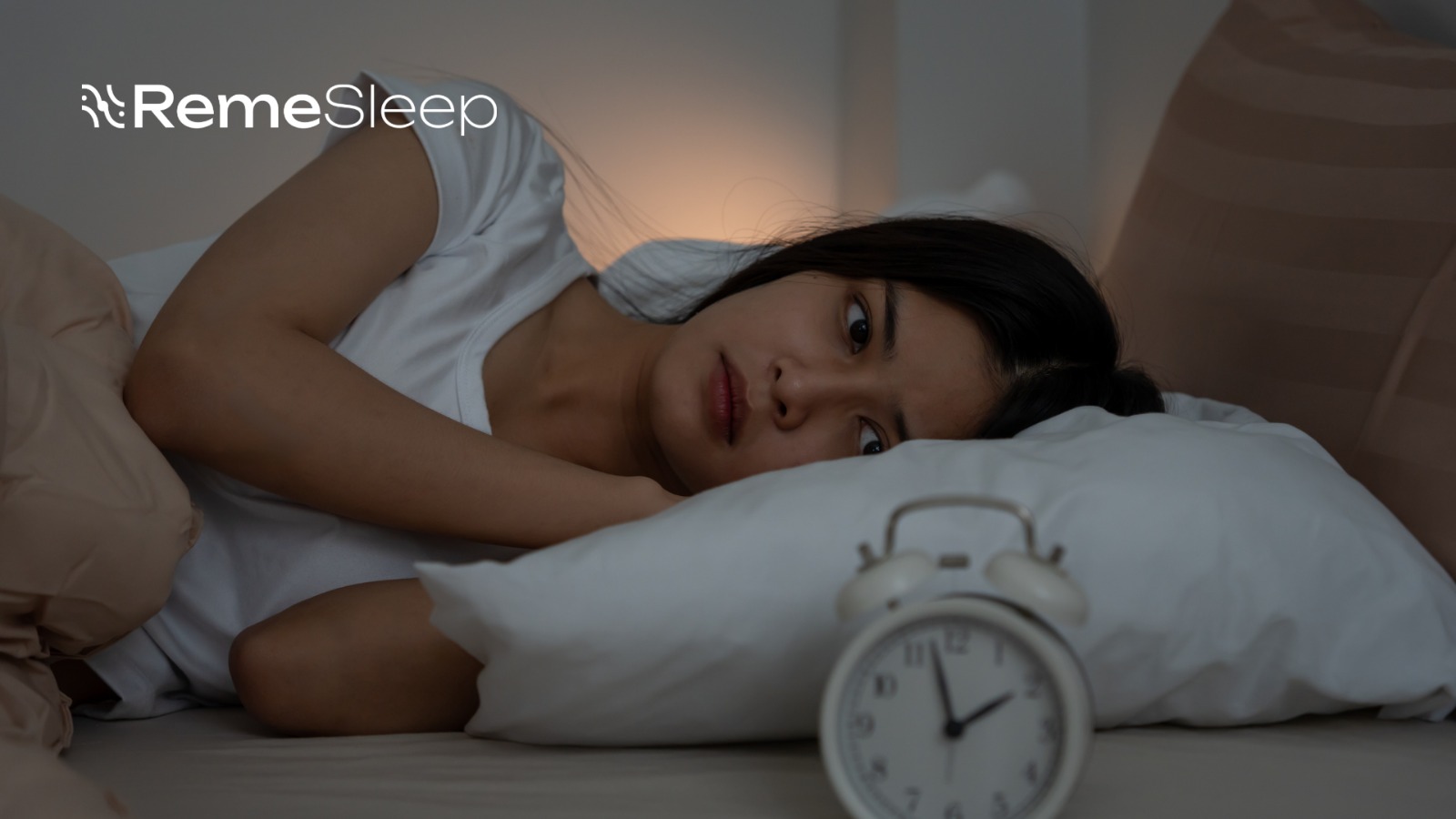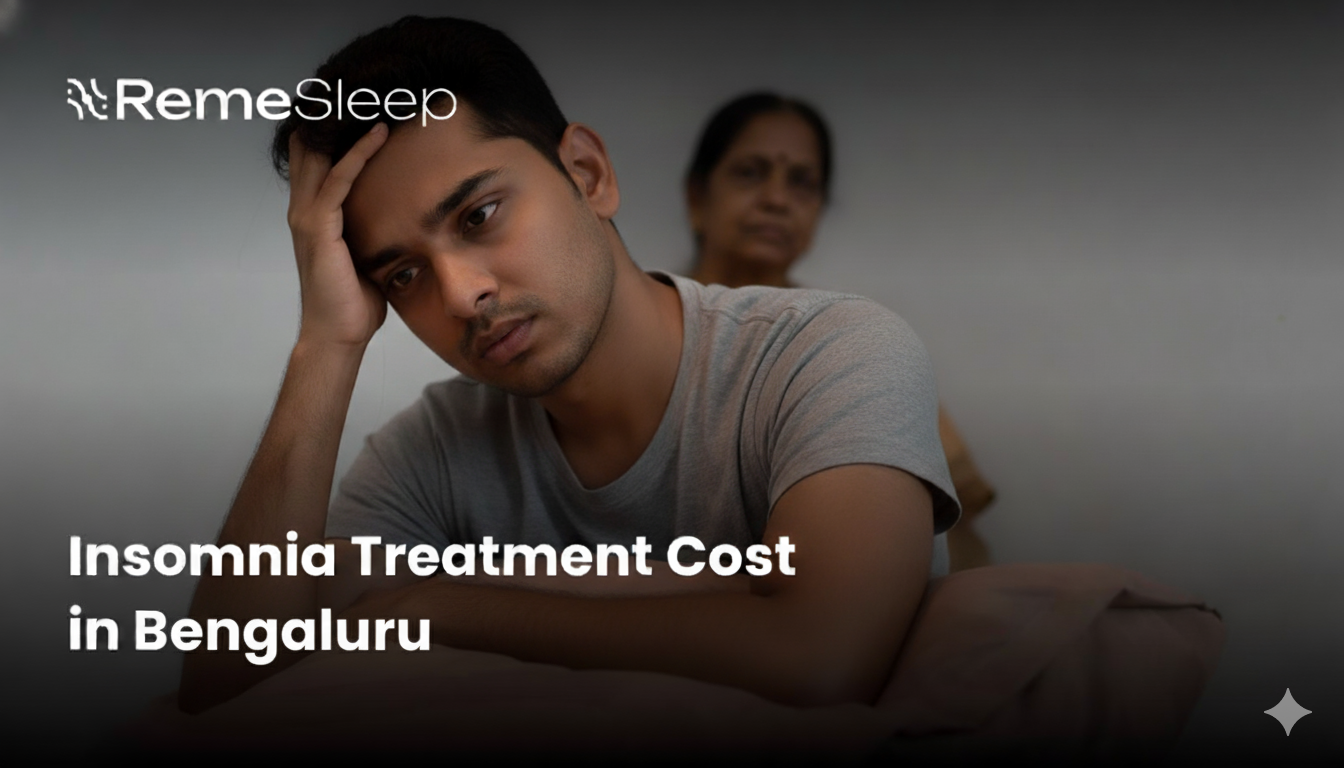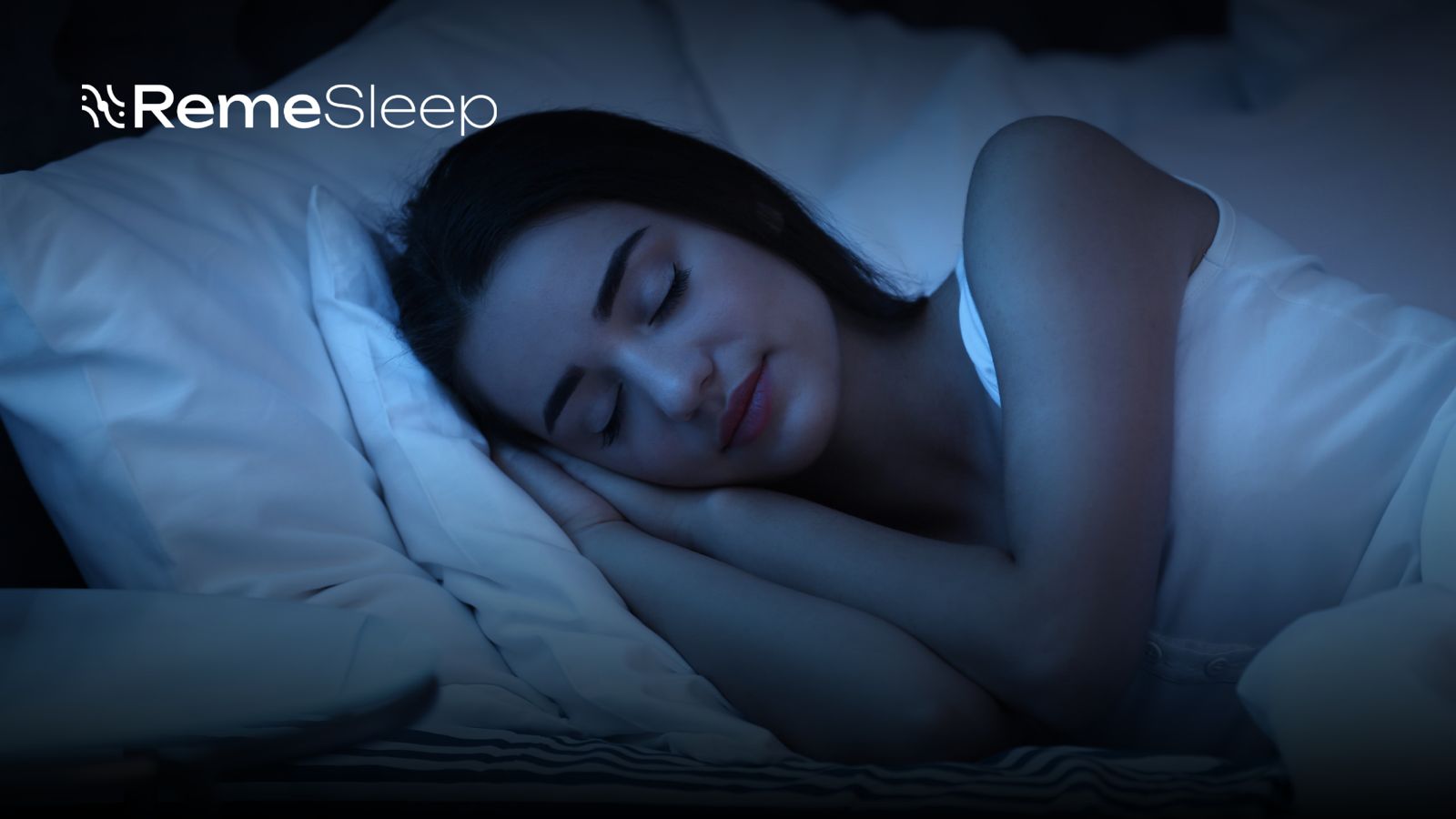Understanding Insomnia
Insomnia is a common sleep disorder that makes it difficult to fall asleep, stay asleep, or wake up feeling refreshed. It can be short-term (acute) or long-lasting (chronic), affecting overall health, energy levels, and daily life. Insomnia is often linked to sleep deprivation, poor sleep hygiene, and disruptions in the body’s natural sleep-wake cycle.
If you often find yourself tossing and turning at night, you’re not alone. In factit’s almost 80 percentage of the population suffers from insomnia at some point of time in their lives. Billions of people struggle with sleep disorders, but understanding the root causes of insomnia can help you find effective solutions for a better night’s rest.
Common Causes of Insomnia
1. Stress and Anxiety: The Mind’s Role in Sleep Disruptions
Worries about work, relationships, health, or personal issues can keep your mind racing at night. Anxiety triggers the body’s fight-or-flight response, increasing heart rate and making it harder to relax and fall asleep. Chronic stress and overthinking lead to a cycle of sleep difficulties, further exacerbating mental and emotional health problems.
Fix: Try relaxation techniques like deep breathing exercises, mindfulness meditation, or journaling before bed to calm your mind. Cognitive Behavioral Therapy for Insomnia (CBT-I) is a guideline recommended practice parameter suggested effective approach to addressing persistent anxious thoughts that interfere with sleep.
2. Poor Sleep Habits: Disrupting the Natural Sleep Cycle
An irregular sleep schedule, excessive screen time before bed, and sleeping in an uncomfortable environment can all interfere with your sleep cycle. The blue light emitted from screens suppresses melatonin production, making it harder to fall asleep. Sleeping in a room that is too bright, noisy, or hot can also impact sleep quality.
Fix: Stick to a consistent sleep routine, reduce screen exposure at least an hour before bedtime, and create a sleep-friendly environment with blackout curtains, white noise machines, and a comfortable mattress and pillows.
3. Caffeine, Alcohol, and Stimulants: Hidden Sleep Disruptors
Consuming stimulants like caffeine, nicotine, and energy drinks late in the day can keep you awake at night. Caffeine has a half-life of several hours, meaning its stimulating effects can linger well into bedtime. Alcohol, while initially sedating, can cause fragmented sleep later in the night.
Fix: Avoid caffeine and stimulants at least six hours before bedtime. Opt for herbal teas like chamomile or valerian root, which promote relaxation. If alcohol is disrupting your sleep, limit intake and allow your body enough time to metabolize it before bed.
4. Lifestyle Factors: Impact of Daily Habits on Sleep Quality
Irregular work schedules, frequent travel, and a sedentary lifestyle can all contribute to sleep problems. Shift workers and those experiencing jet lag often struggle with insomnia due to disrupted circadian rhythms. Additionally, a lack of regular physical activity can make it harder to fall asleep at night.
Fix: Maintain a stable sleep schedule even on weekends. Engage in regular physical activity, preferably earlier in the day, to promote better sleep at night. If shift work affects your sleep, consider blackout curtains and light therapy to regulate your circadian rhythm.
5. Underlying Health Conditions: Medical Causes of Sleep Disruptions
Chronic pain, asthma, acid reflux, hormonal imbalances, and neurological disorders can interfere with sleep quality. Conditions such as restless legs syndrome (RLS) and sleep apnea often go undiagnosed but contribute significantly to sleep disturbances. Sleep apnea, in particular, leads to interrupted breathing during sleep, causing frequent awakenings and daytime fatigue.
Fix: Seek medical advice if a health condition is affecting your sleep. Treatments like CPAP therapy for sleep apnea, medication for RLS, or lifestyle changes for acid reflux can significantly improve sleep quality. A sleep study may be recommended to diagnose any underlying sleep disorders.
6. Overthinking and Racing Thoughts: The Battle of the Mind at Night
Many people struggle to sleep because their minds are filled with thoughts about past events or future worries. This mental overactivity prevents the body from entering a relaxed state needed for sleep.
Fix: Try progressive muscle relaxation, guided imagery, or listening to calming music to shift your focus and relax your mind. Keeping a notebook by your bedside to jot down thoughts before bed can help clear mental clutter.
